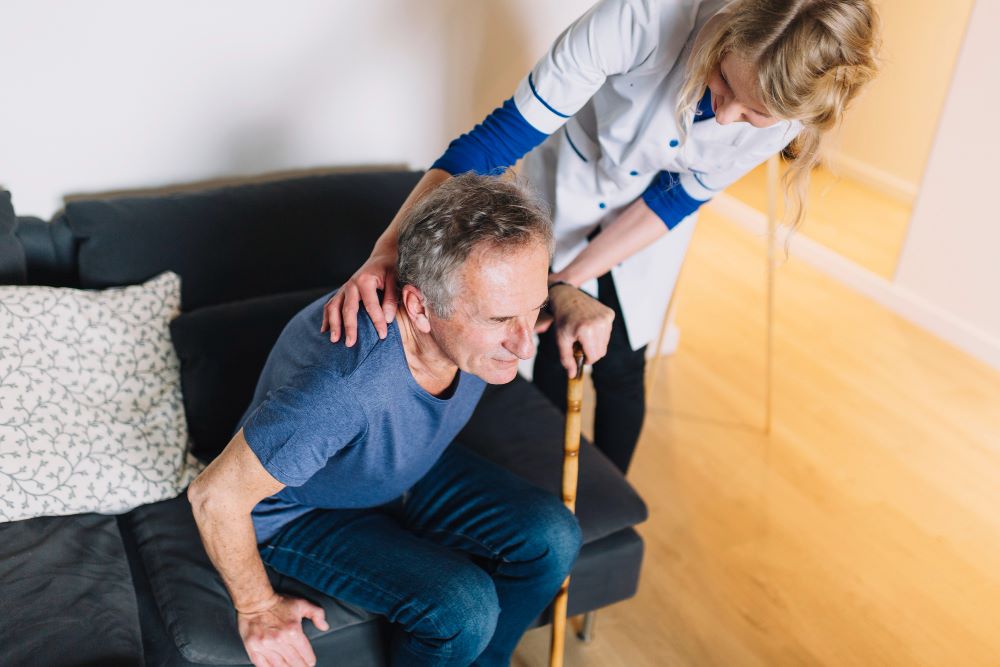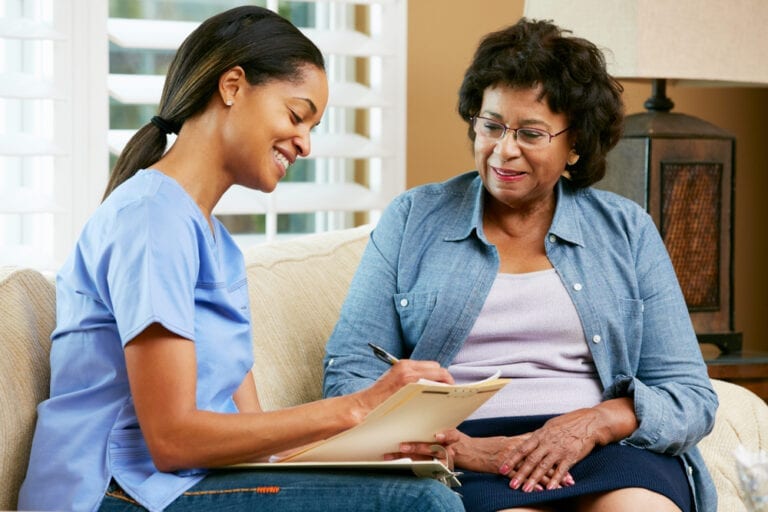Falls among the elderly population are a serious concern that can have detrimental effects on their overall health and well-being. The fear of falling in the elderly is a common phenomenon, often leading to reduced mobility, social isolation, and a decline in quality of life. At From The Heart of Home Care, we understand the significance of addressing this fear and providing the necessary support to ensure the safety and independence of our elderly loved ones. In this article, we delve into the topic of “Fear of Falling in the Elderly” From The Heart Of Home Care, exploring its causes, consequences, and strategies to overcome this fear.
Table of Contents
- Why is the fear of falling prevalent among the elderly?
- What are the consequences of the fear of falling in the elderly?
- Strategies to overcome the fear of falling in the elderly
Why is the fear of falling prevalent among the elderly?
As individuals age, the fear of falling tends to become more prominent. Several factors contribute to this fear, including:
- Physical changes: Aging brings about changes in balance, muscle strength, and coordination, making older adults more susceptible to falls.
- Previous falls: Experiencing a fall in the past can lead to a heightened fear of falling in the future.
- Loss of independence: The fear of falling can result in reduced mobility, causing elderly individuals to rely more on others for daily activities.
- Social isolation: The fear of falling may lead to self-imposed isolation to avoid potential risks, leading to feelings of loneliness and depression.
Safe Lifting Techniques for Caregivers
What are the consequences of the fear of falling in the elderly?
The fear of falling can have significant consequences on the overall well-being of elderly individuals, including:
- Reduced physical activity: Fear often leads to a sedentary lifestyle, resulting in decreased muscle strength and flexibility.
- Increased fall risk: Lack of physical activity can further weaken muscles and increase the likelihood of falls.
- Social withdrawal: The fear of falling may cause individuals to limit their social engagements, leading to feelings of loneliness and isolation.
- Decline in mental health: Anxiety, depression, and a sense of helplessness are common psychological consequences of the fear of falling.
Strategies to overcome the fear of falling in the elderly
At Heart of Home Care, we strive to create a supportive environment that helps alleviate the fear of falling in the elderly. Here are some strategies that can be implemented:
How to Support Seniors with Mental Health Challenges in Home Care?
1. Physical therapy and exercise programs
Engaging in regular physical therapy and exercise programs can improve strength, balance, and coordination, thereby reducing the risk of falls and increasing self-confidence.
2. Home modifications
Making necessary modifications to the home environment, such as installing handrails, removing trip hazards, and improving lighting, can create a safer living space for the elderly, boosting their confidence and reducing the fear of falling.
3. Assistive devices
The use of assistive devices, such as walking aids or grab bars, can provide additional support and stability, empowering the elderly to maintain their independence while reducing the fear of falling.
4. Education and awareness
Providing education on fall prevention strategies and raising awareness about the common causes of falls can empower elderly individuals to take proactive measures to minimize their risk and overcome the fear of falling.
5. Regular vision and medication assessments
Regular vision check-ups and medication assessments can help identify any issues that may contribute to falls, allowing for appropriate interventions and reducing the fear associated with falling.
6. Supportive home care services
Engaging the services of a reputable home care agency like Heart of Home Care can provide personalized support, companionship, and assistance with daily activities, reducing the fear of falling and promoting overall well-being.







